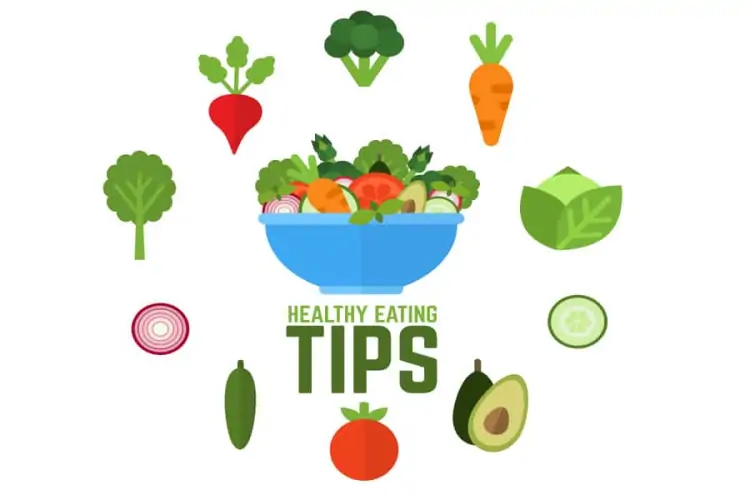Food and Diet Tips: Nourish Your Body for Optimal Health
In this article, we'll explore some practical food and diet tips to help you nourish your body for optimal health.

Maintaining a healthy diet is essential for overall well-being and vitality. However, with so much conflicting information available, it can be challenging to know what constitutes a balanced and nutritious diet. In this article, we'll explore some practical food and diet tips to help you nourish your body for optimal health.
Eat a Variety of Foods: One of the keys to a healthy diet is consuming a diverse range of foods from all food groups. Aim to include fruits, vegetables, whole grains, lean proteins, and healthy fats in your meals to ensure you're getting a wide array of nutrients. Variety not only ensures you're meeting your nutritional needs but also makes meals more enjoyable and satisfying.
Focus on Whole Foods: Whole foods, such as fruits, vegetables, whole grains, nuts, and seeds, are rich in vitamins, minerals, fiber, and antioxidants. These nutrient-dense foods provide essential nutrients to support overall health and reduce the risk of chronic diseases. Try to prioritize whole foods over processed and refined foods whenever possible.
Limit Processed Foods and Added Sugars: Processed foods, such as sugary snacks, refined grains, and packaged meals, often contain high amounts of added sugars, unhealthy fats, and artificial ingredients. These foods can contribute to weight gain, inflammation, and various health issues. Limit your intake of processed foods and opt for whole, minimally processed alternatives instead.
Watch Portion Sizes: Portion control plays a significant role in maintaining a healthy weight and preventing overeating. Be mindful of portion sizes, especially when dining out or snacking. Pay attention to hunger and fullness cues, and aim to eat until you're satisfied, not overly full.
Stay Hydrated: Drinking an adequate amount of water is essential for overall health and well-being. Water helps regulate body temperature, aids in digestion, and supports cellular function. Aim to drink at least 8 glasses of water per day, and adjust your intake based on factors such as activity level, climate, and individual needs.
Prioritize Protein: Protein is an essential nutrient that plays a crucial role in building and repairing tissues, supporting muscle growth, and maintaining a healthy immune system. Include a source of protein in each meal, such as lean meats, poultry, fish, eggs, tofu, legumes, or dairy products, to ensure you're meeting your daily protein requirements.
Practice Mindful Eating: Mindful eating involves paying attention to your food choices, hunger and fullness cues, and the sensory experience of eating. Avoid distractions such as screens or multitasking while eating, and take the time to savor and enjoy your meals. Eating mindfully can help prevent overeating, improve digestion, and foster a healthier relationship with food.
Plan and Prepare Meals Ahead of Time: Planning and preparing meals ahead of time can help you make healthier choices and avoid relying on convenience foods or takeout. Set aside time each week to plan your meals, create a shopping list, and prepare ingredients in advance. Investing in meal prep containers and cooking in bulk can save time and simplify mealtime during busy weekdays.
Listen to Your Body: Pay attention to how different foods make you feel and adjust your diet accordingly. Everyone's nutritional needs and tolerances are unique, so it's essential to listen to your body and honor its signals. Experiment with different foods, recipes, and meal timing to find what works best for you.
Seek Professional Guidance if Needed: If you have specific dietary concerns or health goals, consider consulting with a registered dietitian or nutritionist. These professionals can provide personalized guidance, support, and recommendations tailored to your individual needs and preferences.
In conclusion, following these food and diet tips can help you nourish your body, support your overall health, and enhance your quality of life. By prioritizing whole foods, practicing mindful eating, and staying hydrated, you can make positive changes to your diet and achieve optimal health and well-being. Remember to listen to your body, enjoy your food, and make choices that align with your health goals and values.
What's Your Reaction?
















